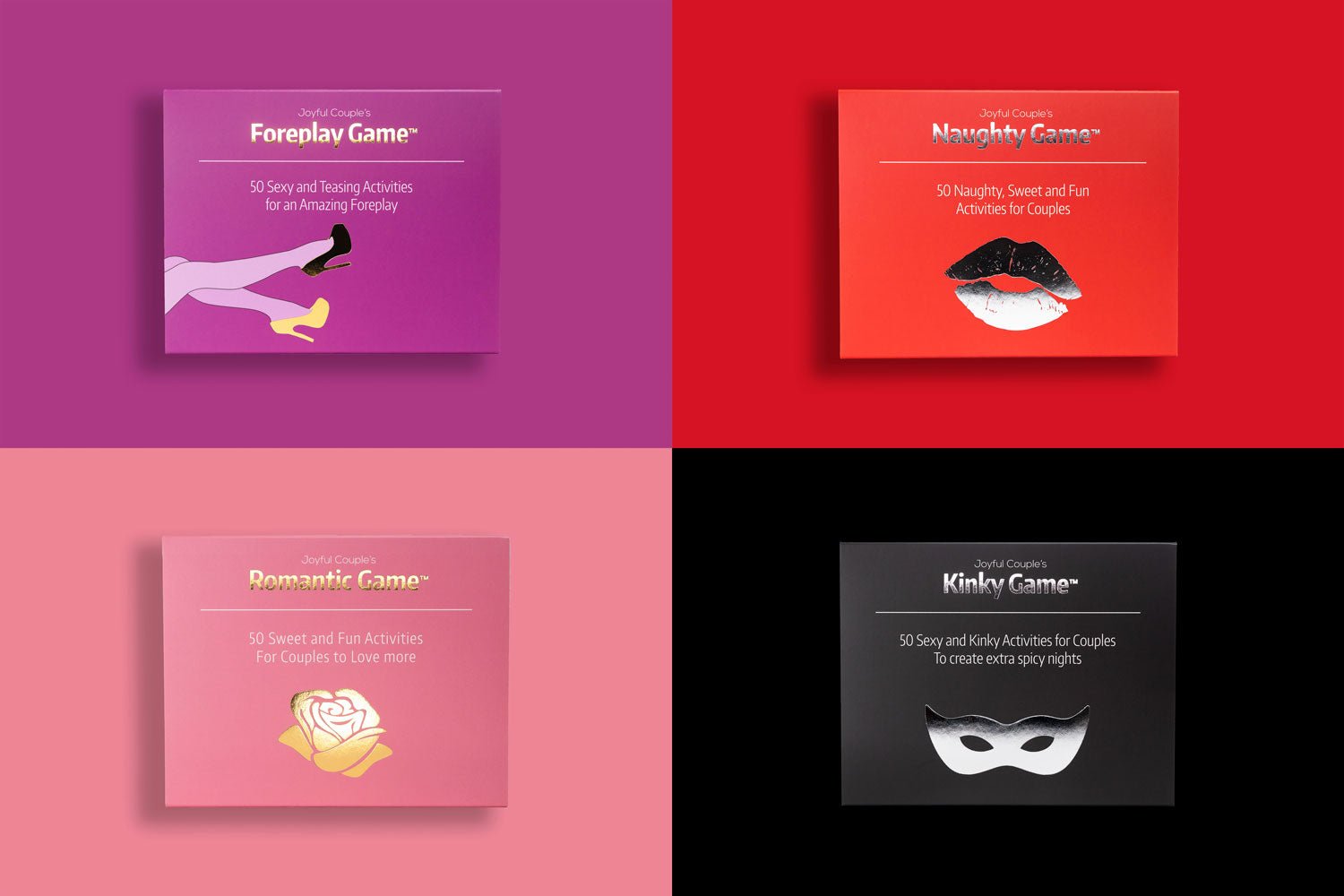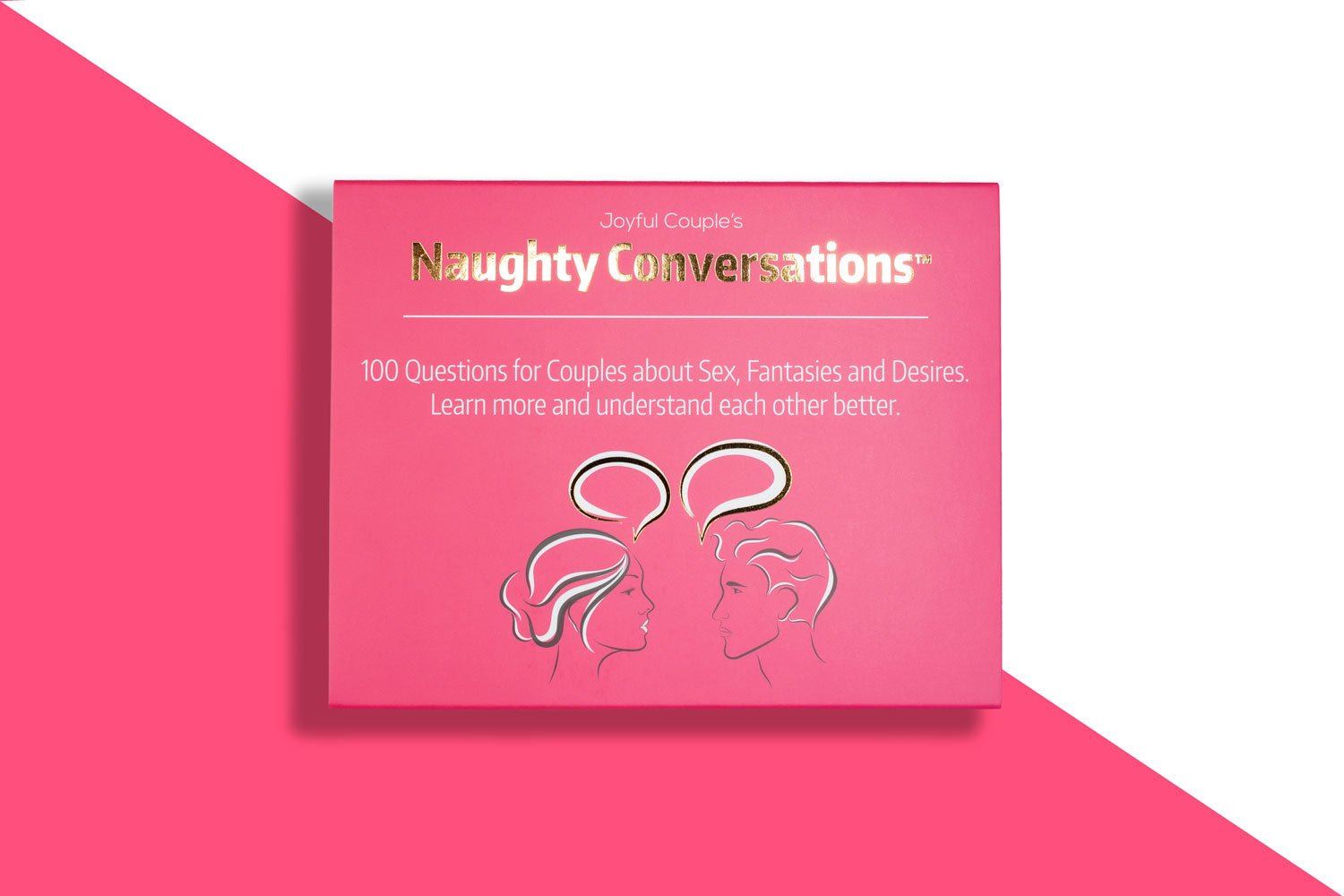Ever felt afraid to express your deepest emotions, fearing you might push your partner away? You’re not alone. Many people struggle with vulnerability, yet it’s the foundation of true intimacy and emotional connection.
In relationships, vulnerability means opening up about your fears, desires, and emotions—without the walls of defensiveness or the fear of rejection. Research shows that couples who communicate openly experience stronger bonds, deeper trust, and better conflict resolution. When both partners feel safe to be vulnerable, relationships become more fulfilling and resilient.
But here’s the big question: how can you embrace vulnerability without feeling exposed or misunderstood? The key lies in building emotional intimacy, strengthening trust, and improving communication skills—all of which can transform the way you connect with your partner.
In this guide, we’ll explore why vulnerability is crucial for lasting love and provide practical ways to break down emotional barriers in your relationship. Let’s dive in and uncover the secret to deeper connection and trust.
The Importance Of Vulnerability In Romantic Relationships
Its ability to create a deeper connection and intimacy with your partner is important. When we are vulnerable with our romantic partner, we share our deepest thoughts, feelings, and fears and allow ourselves to be seen and known by our partner.
This level of openness and honesty fosters trust, understanding, and empathy and can deepen the emotional bond between partners. Now, let's dive deeper and explore what makes it so critical, what you can do about it, and what you might want to avoid.

The Science Behind Vulnerability & Relationships: Why It Strengthens Your Bond
Vulnerability isn’t just an emotional concept—it’s backed by relationship psychology and neuroscience. Studies show that when we open up emotionally, our brains release oxytocin, often called the “bonding hormone.” This chemical enhances feelings of trust, security, and closeness between partners.1
Psychologists also link vulnerability to attachment styles—the way we form emotional connections in relationships. Couples with secure attachment are more likely to communicate openly and handle conflicts in a healthy way. On the other hand, avoiding vulnerability can lead to emotional distance, misunderstandings, and unresolved issues.
By embracing vulnerability, you create a safe emotional space where both you and your partner feel seen, heard, and accepted. This doesn’t mean sharing everything all at once—it’s about gradually building trust through honest and meaningful conversations. Whether it’s discussing fears, dreams, or insecurities, being emotionally open strengthens your relationship’s foundation, making it more resilient against challenges
What You Should Know Before Opening Up?
Being vulnerable to your partner means allowing them to fully come into your life, existence, and soul. That means opening up to them and pouring out your feelings, emotions, and intimate topics.
This means your partner will know all sorts of information that could be used against you, so it is critical to understand when and with whom you are vulnerable. If you feel that your partner might judge you or use it against you, then one of these three things is probably true:
- You are in a toxic relationship. If this is the case, the best way would be to determine if this relationship is for you. Read more about toxic relationships.
- Your relationship is fresh, so you have not reached this relationship phase where you can be vulnerable. If this is the case, build trust in a relationship, and you will eventually get there.
-
You may be ready but don't know how to begin opening up. If this is the case, you can read our article about opening up to your partner, or you can play the Life Conversations game - a fantastic catalyst for such conversations.

The Benefits Of Vulnerability In Relationship
There are many benefits to being vulnerable in a long-term relationship with your partner. Some of the key benefits include:
Greater Emotional Intimacy
Humans are social beings who need to feel a sense of belonging. Being vulnerable with your partner allows you to share your deepest thoughts, feelings, and fears and can create a deeper emotional intimacy between you and your partner.
This can help foster a sense of emotional closeness and understanding and make you feel more connected and loved by your partner.
Improved Communication
By being vulnerable with your partner, you are opening up and sharing your thoughts and feelings, which can improve communication.
Increased Trust and Understanding
By sharing our thoughts, feelings, and fears with our partners, we show that we trust the other person, which further builds trust and improves your understanding of each other. This can foster a sense of emotional safety and security in the relationship and make communicating and working through challenges more manageable.
Overcoming Challenges and Obstacles
When we are vulnerable with our partners, we can receive support and guidance from them. This can help us to overcome challenges and obstacles in the relationship and can make the relationship more resilient.
Reduced Stress and Anxiety
Everyone has their share of problems lying beneath the naked eye. Being vulnerable with our partner can also help reduce stress and anxiety, allowing us to share our worries and concerns with them and receive emotional support. This can help to improve our mental and emotional well-being and make the relationship more fulfilling and satisfying.

Enhanced Sexual Intimacy
Many experts agree that emotional intimacy is strongly related to physical (i.e., sexual) intimacy, so vulnerability can also play a role in enhancing sexual intimacy in a relationship.
By sharing your deepest desires and fears with your partner, you create a deeper emotional connection that can enhance your physical connection. And it can lead to a more fulfilling and satisfying sexual relationship.
Sense of Belonging and Acceptance in The Relationship
A sense of belonging and acceptance means that both partners feel comfortable and secure in the relationship and can be themselves without fear of judgment or rejection.
This can create a strong emotional connection between the partners and foster trust, intimacy, and support. The feeling of acceptance and belonging in a relationship can help you feel more confident and secure and lead to a deeper, more fulfilling relationship.
A Stronger and More Fulfilling Relationship
Overall, the benefits of vulnerability in a long-term relationship can help to create a stronger, more fulfilling, and more intimate relationship with your partner.
By being open, honest, and authentic with your partner, you are creating a deeper connection and bond that can withstand the challenges and ups and downs of a long-term relationship.
Increased Empathy and Compassion For Your Partner
Empathy and compassion are essential for a healthy relationship because they allow partners to support and care for each other, even during difficult times.
This means that both partners are willing to be open and honest with each other and can share their feelings, thoughts, and experiences without fear of being judged or rejected.
On top of that, empathy is a vital skill for your mental health, as empathy allows you to better understand other people's points of view.

Practical Steps On How You Can Become More Vulnerable In A Relationship
- Start by being open and honest with your partner about your thoughts, feelings, and emotions. Don't be afraid to let them see the real you, even if it means showing your vulnerabilities.
- Practice active listening in your interactions with your partner. This means genuinely listening, understanding their perspective, and responding with care and compassion.
- Be open to trying new things, even if they make you uncomfortable or vulnerable. This might include trying new activities or hobbies or resolving conflicts differently.
- Set aside time to connect with your partner on a deeper level. This might mean having regular date nights, taking long walks, or spending quality time together without distractions.
- Share your hopes, dreams, and fears with your partner. This can help you better understand each other and create a stronger bond.
- Don't be afraid to ask for help or support when needed. This might mean asking your partner for emotional support during a difficult time or seeking professional help if you need it.
- Be willing to forgive and move on from past mistakes or conflicts. Holding onto grudges and resentment can damage a relationship, so letting go and moving forward is essential.
- Be open to constructive feedback and criticism from your partner. This can help you grow and improve as an individual and a couple.

FAQ: Why Being Vulnerable is Important
Why is vulnerability important in romantic relationships?
Vulnerability is essential in romantic relationships because it allows for deeper connections and intimacy to be formed between partners. Trust and understanding can be built by being open, honest, and authentic with one's partner, which can strengthen the relationship.
What are the benefits of being vulnerable in a relationship?
The benefits of being vulnerable in a relationship include greater emotional intimacy, improved communication, and increased trust and understanding.
What are the potential downsides of being vulnerable in a relationship?
The potential downsides of being vulnerable in a relationship include the risk of one's partner using shared information against them or judging them.
What should I do if I am afraid to be vulnerable with my partner?
Suppose you are afraid to be vulnerable with your partner. In that case, consider building trust first, seeking help from a therapist, or seeking out resources such as articles or games that can help facilitate open and honest conversations with your partner.

Conclusion
In conclusion, vulnerability is essential for a relationship to flourish. However, being vulnerable with your partner means sharing deeply personal thoughts and feelings about something, often something big or painful.









